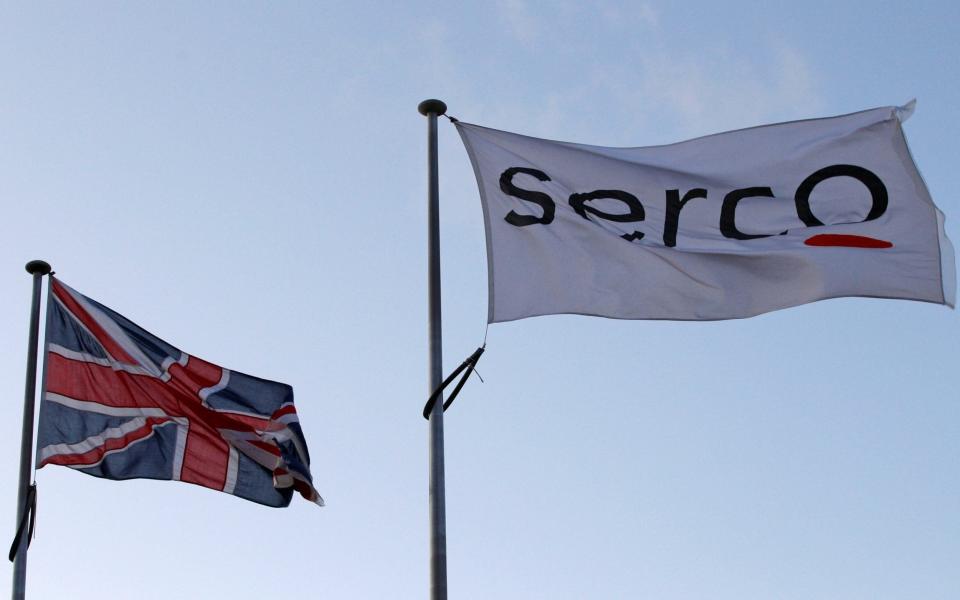Serco bosses hid profits from the Government, court hears

Senior managers at outsourcer Serco carried out a "fraud on the taxpayer" by hiding the scale of its profits so that civil servants would not cut payments from the public purse, a court heard.
The FTSE 250 firm made a £27m profit from keeping track of criminals and defendants for the Ministry of Justice between 2010 and 2012, but claimed it had only made £15m, prosecutors allege.
It is claimed that profits were concealed through a scheme in which a Serco subsidiary booked £500,000 a month in fictitious costs that were charged to the parent company and then repaid via a dividend.
Simon Marshall, former operations director of field services at Serco, and Nicholas Woods, former finance director of home affairs, have been charged with fraud over “untrue and misleading” representations made to the Government.
It is alleged they were acting with another individual, who has not been charged and cannot be named for legal reasons.
Opening the trials at Southwark Crown Court on Tuesday, prosecutor Michael Bowes QC said: "False representation as to costs were made in order to conceal Serco’s high profit margin and so stop the Ministry of Justice from taking steps to recover any of Serco’s previous profits or otherwise reduce the revenue stream that Serco was obtaining as a result of the contract.
“The Ministry of Justice was not aware of the profit levels or false profit figures and so was not in a position to challenge them and take any steps to recover or reduce the revenue stream that Serco was obtaining as a result of the contracts.
"This case is not about personal enrichment - it's about the obligation of Serco to provide financial models for the Ministry of Justice … this is about fraud on the taxpayer.”
Serco is one of the UK’s largest companies. It employs more than 50,000 people globally and has contracts in sectors such as defence, justice, immigration and health. The business is managing about a quarter of the UK’s coronavirus testing sites.
Jurors heard how in December 2010, Serco signed an extension to its contract with the Ministry of Justice to provide electronic tagging for criminals and defendants.
The extension included a commitment to work with the Ministry of Justice “to achieve efficiencies and explore the potential for savings”, the court heard.
But as Serco’s profits surged, Marshall and Woods are alleged to have devised a scheme in which the subsidiary Serco Geografix charged its parent for “management fees” to cover costs including salaries, overheads and equipment.
They were referred to in Serco’s internal correspondence in terms such as “adjustment” and “consultancy” but were not in fact real, prosecutors allege.
These “fictitious” costs were then reflected in financial models that Serco had to regularly submit to the Government as part of its contract, with the effect of depressing the profit margins the Government thought the firm was making.
For example, in one submission to the government, margins were presented as 14.5pc to 21.3pc. But they would have been 29pc to 34pcwithout the false costs charged, the court heard.
Mr Bowes said: “The lack of support for these charges in the surrounding evidence, we submit, demonstrates that the representations were untrue and misleading. It’s the prosecution’s case that the amount of charges to ensure that the profits remained at the desired level grew over time and this is reflected in the increase in the charges in the financial models.”
It is alleged that in June 2011 the defendants “considered the implications” of sharing increased profits with the MOJ “if the true margins were reported."
The defendants deny the charges. The case - which was brought by the Serious Fraud Office - is expected to last 12 weeks.

 Yahoo Finance
Yahoo Finance 